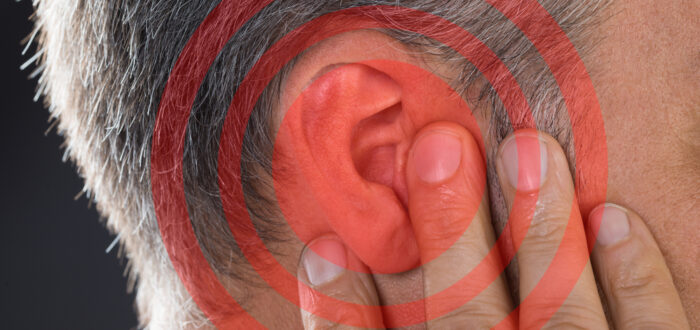When faced with an ear infection, one immediate concern that might pop into your mind is its impact on your hearing. It’s a legitimate concern, considering the discomfort and the muffled hearing that often accompanies such infections. The key question: How long does hearing loss from an ear infection last?
The Intricacies of Ear Infections
Ear infections, medically termed otitis media, are inflammations or infections of the middle ear. They can be a result of a cold, respiratory issues, or allergies. Often, they lead to the accumulation of fluid behind the eardrum, making sound waves harder to detect, leading to temporary hearing loss.
Duration of Hearing Loss from an Ear Infection
While it’s unsettling to experience reduced hearing, the good news is that hearing loss due to ear infections is usually temporary. Here’s what you can typically expect:
Short-Term Infections: For many, the hearing impairment lasts only as long as the infection itself. This could range from a few days to a couple of weeks.
Long-Term Implications: If an ear infection is left untreated or if it becomes chronic, there’s a small chance it could lead to permanent hearing loss. Hence, seeking timely medical intervention is crucial.
The Path to Recovery
Most people will recover from an ear infection within a short period of time. We advise the following to help with your recovery:
- Consultation: Always consult your primary care physician or your local hearing healthcare practitioner if you suspect an ear infection, especially if it’s accompanied by hearing loss.
- Medication: Often, a round of antibiotics or anti-inflammatory drugs is prescribed to tackle the root cause of the infection.
- Follow-Up: Ensure a follow-up visit to confirm that the infection has cleared up completely, and your hearing is back to its usual state.
Prevention is Better than Cure
While not all ear infections are preventable, you can reduce your risk. A few simple tips include:
- Avoid smoking and exposure to second-hand smoke.
- Manage allergies through medications and avoiding allergens.
- Practice good hand hygiene to prevent the spread of colds and respiratory infections.
The journey from detecting muffled sounds to getting back your clear hearing might feel prolonged and distressing, but understanding that it’s a temporary phase can be reassuring. Always prioritize your ear health and seek medical attention promptly. Remember, in the realm of hearing, being proactive is always your best strategy.
Need Help? Have a Question? Contact Us Today!
If you’d like to discuss more about driving with hearing loss, please get in touch with the team at Regional Hearing and Balance Center today. Call us at 208-497-3596 or click here to book a complimentary hearing assessment.


Recent Comments